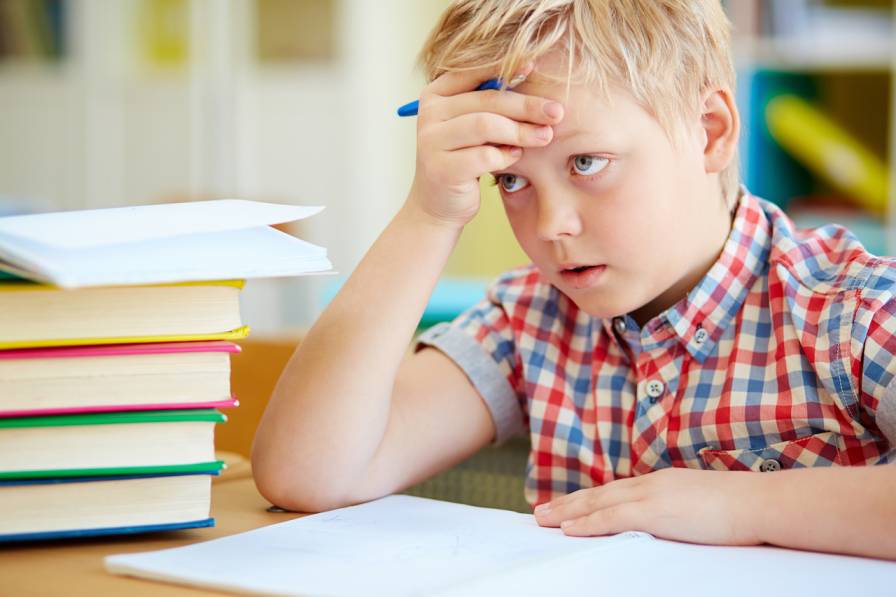What is a Learning Difficulty?
Educational psychologists can help schools and parents regarding learning difficulties in children. Schools can request support if a child or young person is struggling at school. These children may have been identified as having a Special Educational Need (SEN).
Children and young people with special educational needs or disability (SEND) all have learning difficulties or disabilities that make it harder for them to learn than most children and young people of the same age. These children and young people may need extra or different help to others. The majority of children with a SEN are taught in mainstream schools, with the school providing a tailored curriculum and teaching techniques.

Learning Difficulties in Children
Many children and young people may have SEN of some kind during their education. Child care providers (e.g. nurseries, schools, colleges) can help identify learning difficulties in children and young people, and help those pupils with changes to their practice or additional support. For example implementing short term interventions, seating arrangements, Teaching Assistant support etc.
However, some children and young people with SEN may need extra help because of a range of needs. The school or parents may decide to apply for an Education, Health and Care Plan (EHCP) from their Local Authority. Previously EHCPs were known as ‘Statements’. All statements are currently being converted to EHCP plans.
The 0-25 SEND Code of Practice lists 4 areas of SEN:
Role of Educational Psychologists
Schools can request support from an Educational Psychologist if they have a child or young person who is struggling at school. These children:
- May already have a EHCP
- May not have an EHCP but the school have identified them as having SEN
- The school has not yet formally identified them as having SEN, but are concerned about the child’s progress
The psychologist will work with the school and parents to understand any underlying issues e.g. cognitive functioning, social skills, communication difficulties etc, and jointly agree actions and strategies to support the young person
Educational Psychologists employed by the Local Authority will work with the school and parents when an EHCP if requested, and as part of the EHCP annual review process. This support is free to schools and parents and we would encourage schools and parents to first work with their Local Authorities psychologists as part of the EHCP process. Schools work with Psychology4Learning on all other areas where psychologist support is required.
